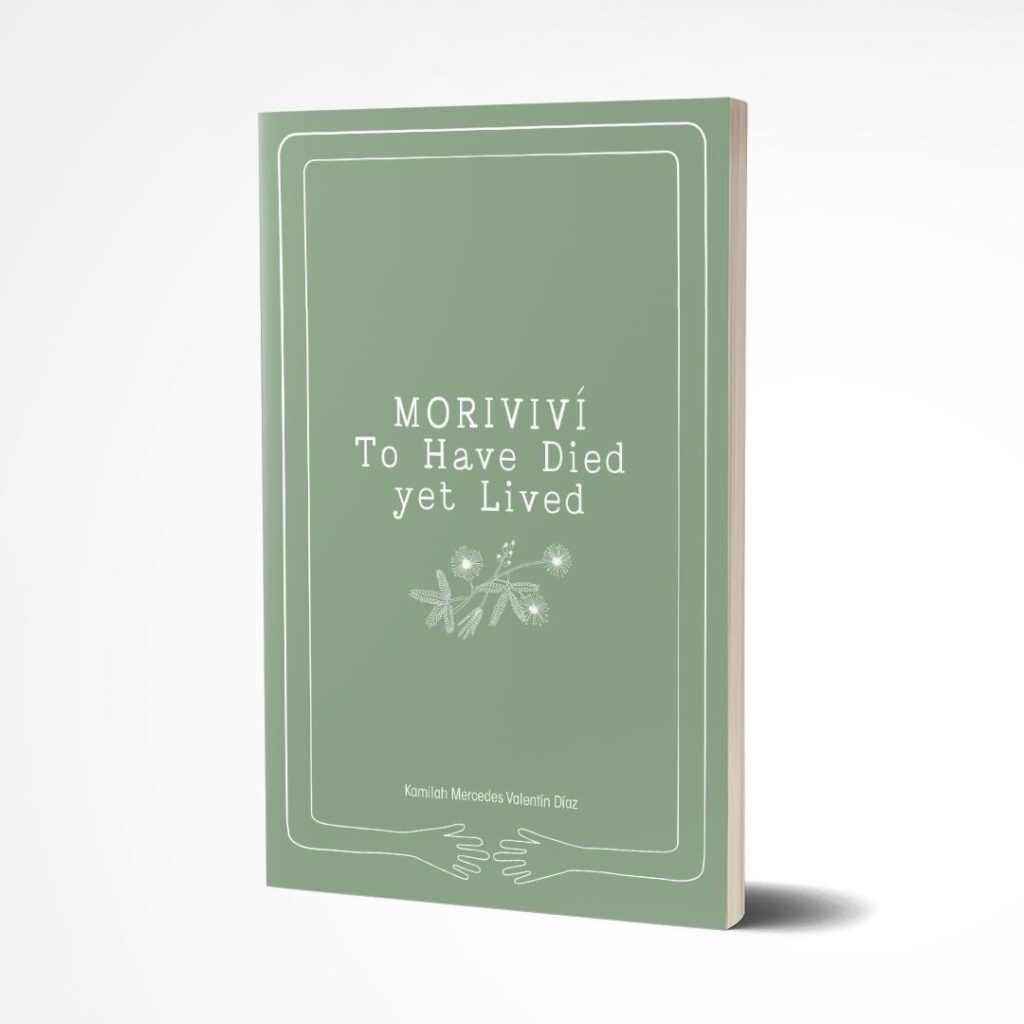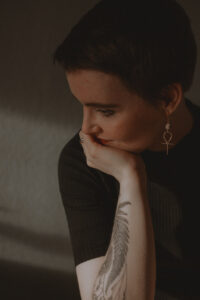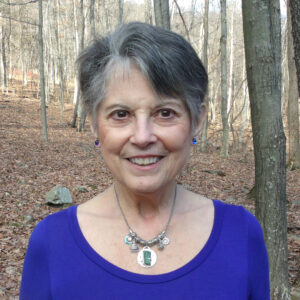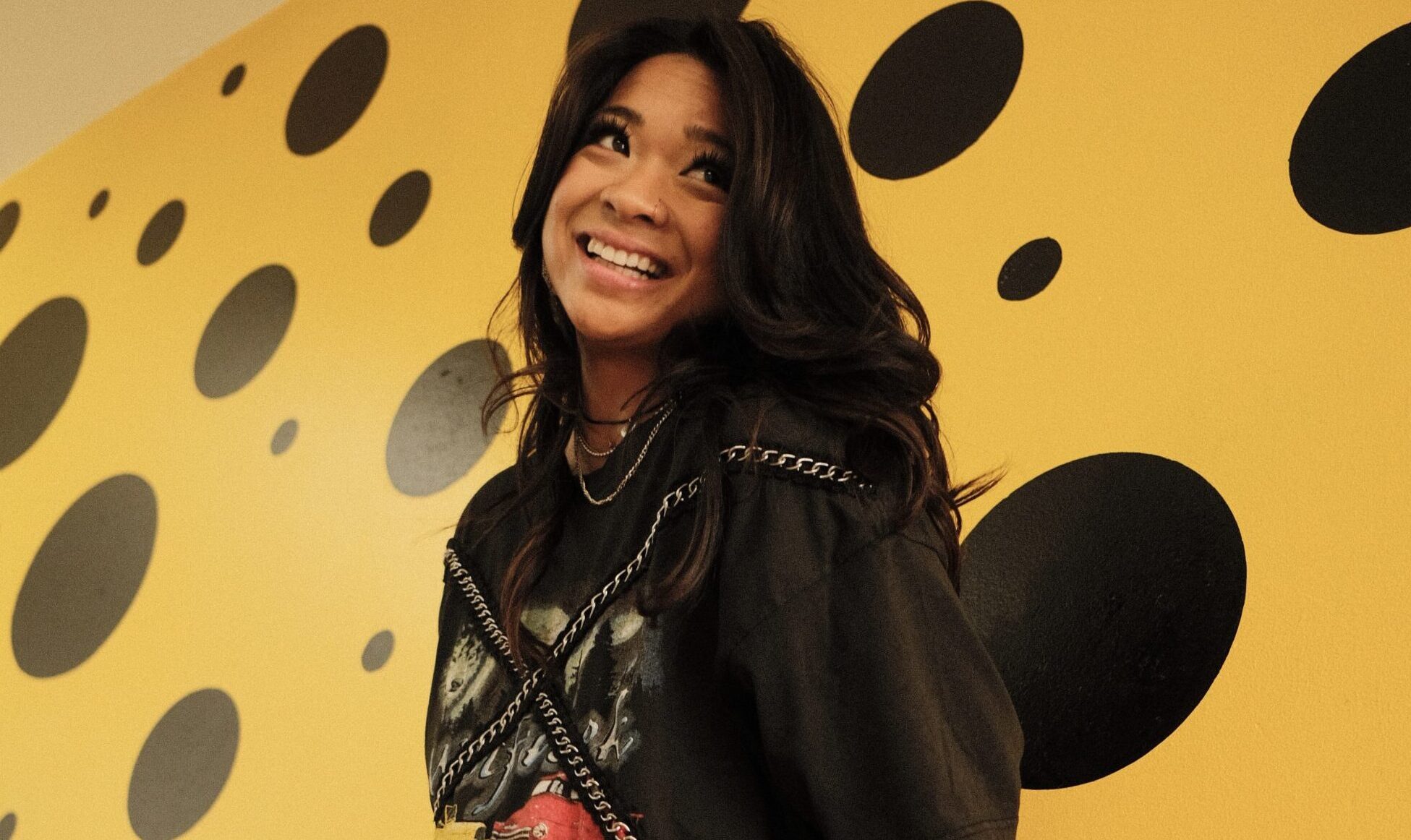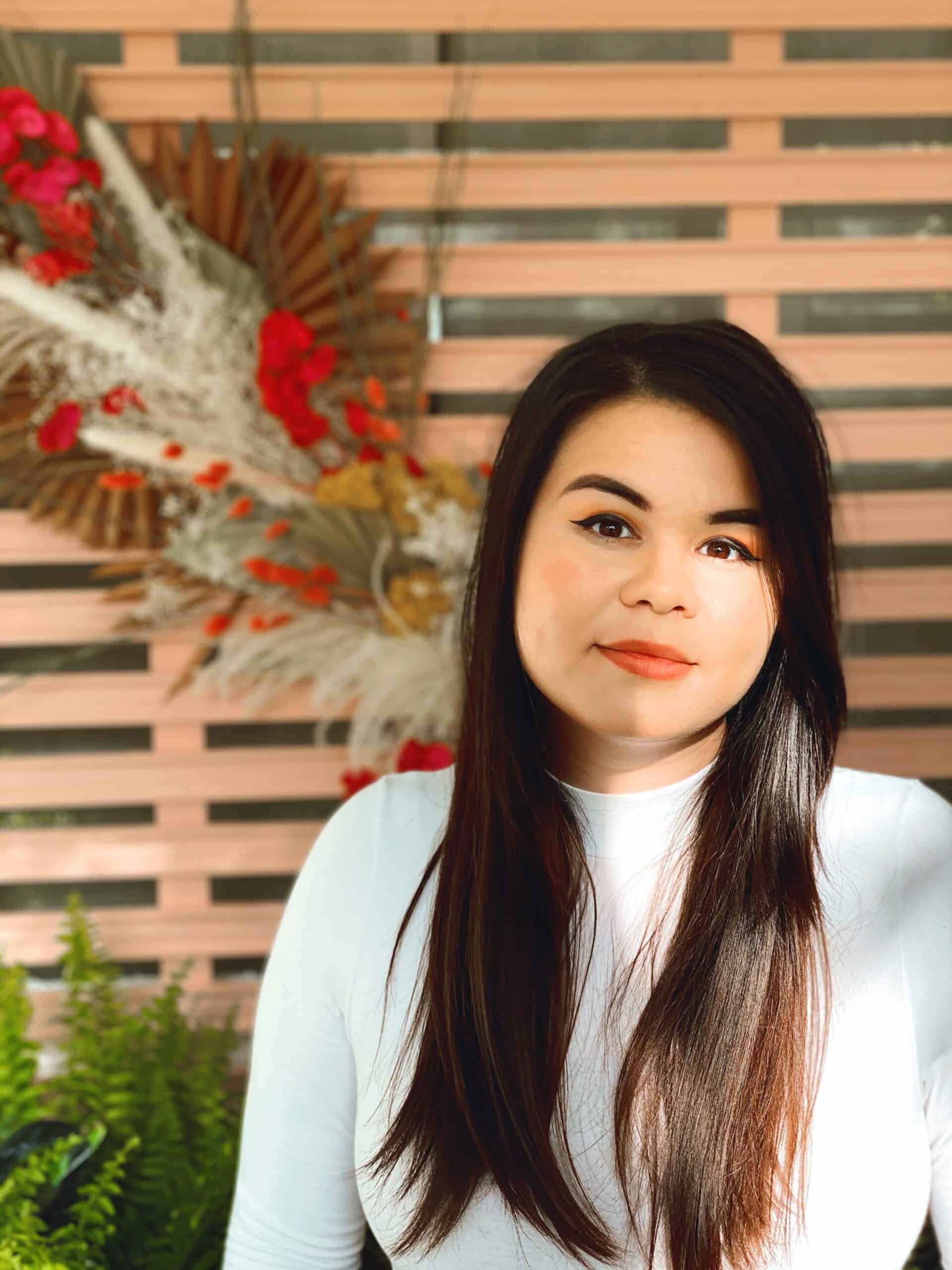In a world where the act of creation can serve as a beacon of hope and healing, Kamilah Valentin Diaz’s poetry collection, Morivivi: To Have Died, yet Lived, emerges as a testament to resilience and self-discovery. Through the lens of her Caribbean heritage and personal struggles with mental health, Kamilah weaves a narrative that explores the intersections of identity, pain, and transformation. In this candid and evocative interview, she shares the profound journey behind her work, offering insights into how embracing vulnerability and creativity can pave the way for empowerment and understanding. Join us as we delve into Kamilah’s inspiring story of turning inner turmoil into art and hope.

Can you tell us more about your poetry collection, “Morivivi: To Have Died, yet Lived”? What does the title mean to you?
My poetry collection follows the many deaths I felt while I battled with my mind. I was in a deep depression when I began writing poetry. I wasn’t even aware it was poetry at first (I didn’t give myself the proper credit) but once I did, the practice of writing poetry became a sort of craft which helped me in excising and exploring mental wounds. It also details the ways I have come to terms with or reckoned with my life in terms of my position in this world as a woman from the Caribbean who inhabits a purgatory of sorts coming from Puerto Rico, an island colonized many times over, and currently under the authority of the US. I believe this suspension of status has also transferred over into a mental and metaphysical one which I continue to explore.
I went back and forth on what I would title my book. I’m bilingual, and that’s an immense part of my identity, so I wanted to give the reader (and myself) a true representation of my multidimensionally which I embrace fiercely. Moriviví is the name of a plant, considered a weed, that runs rampant on many islands, but in Puerto Rico it goes by this name, which translates to: to die, to live. So really, I wasn’t being all that creative; I wanted to be accessible to the English language reader as well as the Spanish language reader. I know how first impressions work and in my opinion, unless you’re well-known, you’re not as likely to hook a reader who’s haphazardly browsing shelves for their next read by a title they cannot understand. I’d rather be half understood than not understood at all. It was also a way for me to be honest. What I struggled with, though in my mind, was a very real and haunting experience from which I felt like I was dying and made me want to seek out death (more aptly, for it to find me), but underneath that there was an urge to come back to life.

How has your Puerto Rican heritage influenced your work?
How has it not? I think being from Puerto Rico is one of the reasons why I am capable of being so empathetic. I am energized by my culture and I want to seek out more of it to soak up. One of the reasons I was able to ‘come back to life’ was because of this tight hold I have on my identity as it relates to how I inhabit this world. I held on to the belief in the struggle for liberation, the artistry in the music, the joy in food, and richness of our ancestry. I’ve been living in diaspora since I was six, but I’ve not grown far removed from my homeland, so even though I was incredibly wrapped up in my troubles while writing Moriviví, there was this undercurrent of “how can I lay down and die when my people are not yet free?”

How has your experience with mental health, including your first depressive episode and OCD diagnosis, influenced your writing?
It’s the reason why I allowed myself to write. Growing up and leading up to starting a career in writing, I knew I was never bad at it, but I believed myself incapable of authoring a body of work. I read. A lot. And as wonderful as it was, it was also frightening because I had compared myself to these authors when I hadn’t yet made the attempt. I kinda cut myself at the knees there. I think it was in preparation for what I assumed at the end would be disappointment. Ironically enough, it was when I was at my lowest, when I gave myself the permission to fail. I remember deciding whether to join the Alegria Publishing writing collective and the reasoning which ultimately pushed me to follow through was: if I’m bad at this, it doesn’t matter, I have worse things to focus on. Sounded legit to me. It no longer mattered whether I was good or qualified because it was so small in comparison to what I was feeling. My first poems and most of my collection draws from that pain, from my OCD making me question my entire existence, worth, genuineness, morals, sanity, and right to ‘good’ things. That in turn led me to explore the phases of mental health recovery and the restructuring I had to put myself through to begin healing.

In what ways does the decolonial struggle appear in your work?
I think that my work itself is an example of decolonial struggle and reveals a possibility beyond survival. I am a brown queer islander living in diaspora who writes poetry. I do so in English, Spanish, and the inbetween. I write leaning into my dialect, not aching to correct it. My Spanish arose from colonization by Spain, I love it, but do I hold it as the legitimation of my identity? No. It was also imposed, but what I wield now is my Spanish lilting, musical, and how some criticize it, ghetto. And if you mean born out of struggle and revolution, you’re not wrong.
I think every poem or work I write originates from my attempt at radical love. And if your love is radical it better be decolonial too. You can see that most starkly in poems like Unleash the Witch, Tainos, Cantaito, Green(go) Invasion, It starts with a Chorus, La Revolución Vive en Mi, and Water Thyself.
What are some of the biggest challenges you faced while creating your poetry collection?
The doubt (a fixture of OCD) was through the roof. Sometimes motivation was hard to access, and feeling capable of completing this project see-sawed for me. Once I got deeper into the process, I worried about quality, obviously art is subjective, but once my ‘fuck it’ attitude faded, I struggled with assessing my art and had moments when I went back-and-forth on pulling the plug on the entire project. Ultimately, I decided to keep going and when it came to putting the book together physically my biggest challenge was deciding what order I wanted my poems to be in. I rearranged them multiple times since I knew that I wouldn’t promote the false belief of healing being linear. At first, I had thought of organizing them in clear phases, but as I kept writing I realized that the phases of healing jump around and I wanted to provide a true portrayal. The order hinged on my emotional chronology and also depended on what themes were in conversation with each other.
What advice do you have for other women who are struggling with mental health issues and looking for a creative outlet?

Let yourself feel. I think I reached my breaking point without realizing it because I refused myself the space to truly feel or recognize my emotions as they came up. By the time I noticed them, I was too far in and pulling myself out was like fighting against quicksand.
Creating anything can be such an instrumental outlet especially because you’re taking things that have no physical form and finding a vehicle for them to occupy- it’s like an eviction of sorts, a casting; you no longer inhabit my mind or body! With that being said, it’s not a cure-all, if you can do so safely, if you are able, I recommend addressing mental health issues through a combination of therapy and if necessary psychiatry. In this tangle with my mental health, I was in the privileged position of having the support of my family and access to health care. If these things aren’t accessible I highly recommend leaning into community care because the person that will ‘save’ you is you, but that doesn’t mean you have to go it alone.
What message do you hope to convey to your readers through your poetry?
Specifically, through my collection I want my work to provide a haven, a place where pretenses cease, where reassurance abounds, and where facing oneself in the mirror can wait till you’re ready. I wanted to lay it all out on paper for others to read because there’s strength in numbers. Even though the reasons for feeling the way we do vary uniquely, the pain and desperation we feel are universal. I wish to convey a hope for collectivism that fuels joy and prompts people to build relationships that nurture.
What advice would you give to other women who aspire to publish their own poetry collections?
To other women, I would say don’t compromise who you are. History and society have already foisted so much on us. When you choose to speak, be it words, your art, clothes, etc., let it be representative of who you are. When it comes to networking I like to turn to what the wonderful Issa Rae had to say, “[we] have a tendency … when we network [to] network up and it really is about networking across like who’s next to you, who’s struggling, who’s in the trenches with you, who’s just as hungry?” If you want to publish, look at the different paths (mainstream publishing, indie publishing, self-publishing) and decide what works for where you are at the moment. What worked best for me was establishing a writing community thanks to the indie press that helped me self-publish. Establish whether the priority is to make money or to get the art out. And most of all try and trust yourself.
